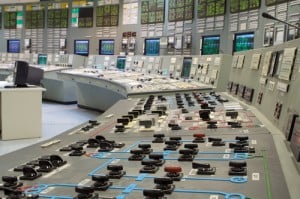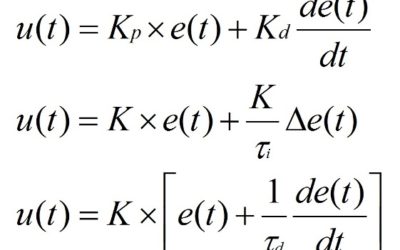Selecting A Control System
As process control engineers, we are constantly faced with having to choose a type of control system that is a best fit for the application. If you’re an end user, you probably will not need to make this kind of selection as often as we do, so you might not keep up-to-date with the latest technologies. There are many types and manufacturers out there to choose from, and careful consideration must be taken when deciding what type of system to implement into an automatic control application, especially since these systems will often remain in place for many years. A bad decision could haunt you for a long time.
 There has been much discussion through the years on this topic; in the beginning, there were many definable differences between programmable logic controllers (PLCs) and distributed control systems (DCSs), but that gap has narrowed through the years. In the early years, a DCS was primarily used for analog control and a PLC handled the discrete control. However the new systems are much more compatible and interlaced than most engineers are aware of. For example, some PLC manufacturers provide DCS controllers that fit in their PLC rack and replace the PLC processor. These similarities and interrelations need to be considered and explored before making a final decision on the implementation of a control system.
There has been much discussion through the years on this topic; in the beginning, there were many definable differences between programmable logic controllers (PLCs) and distributed control systems (DCSs), but that gap has narrowed through the years. In the early years, a DCS was primarily used for analog control and a PLC handled the discrete control. However the new systems are much more compatible and interlaced than most engineers are aware of. For example, some PLC manufacturers provide DCS controllers that fit in their PLC rack and replace the PLC processor. These similarities and interrelations need to be considered and explored before making a final decision on the implementation of a control system.
Today, there is a great deal of control information available. Engineers need to do their research, be knowledgeable of each type of control system, and have a good understanding of how and when to use each type of control system. Design-critical decisions should not be based on personal opinions formed on an overabundance of sales pitches and recommendations by so called “experts” in the field. Rather, these decisions should be based on solid knowledge of the process, the control methods available, and the control methods most suitable for their applications.
Some factors that should be considered in these decisions are initial cost, expandability, spare part availability, ease of implementation, longevity, application, location, environments, I/O types and counts, specialty modules, programming options, vendor support, performance guarantee, etc. The better informed one is, the better the chance of implementing the best type of control system for your application. Never forget that control system selection can be a “once in a generation” decision for many facilities. Depending on how you implement the project, the engineer making these decisions may not be at the facility or associated with the project once the equipment is up and running. In any case, the operators running the equipment and the overall performance of the equipment or process will either benefit or suffer based on the original design and the decisions made by the engineers for many years to come.


